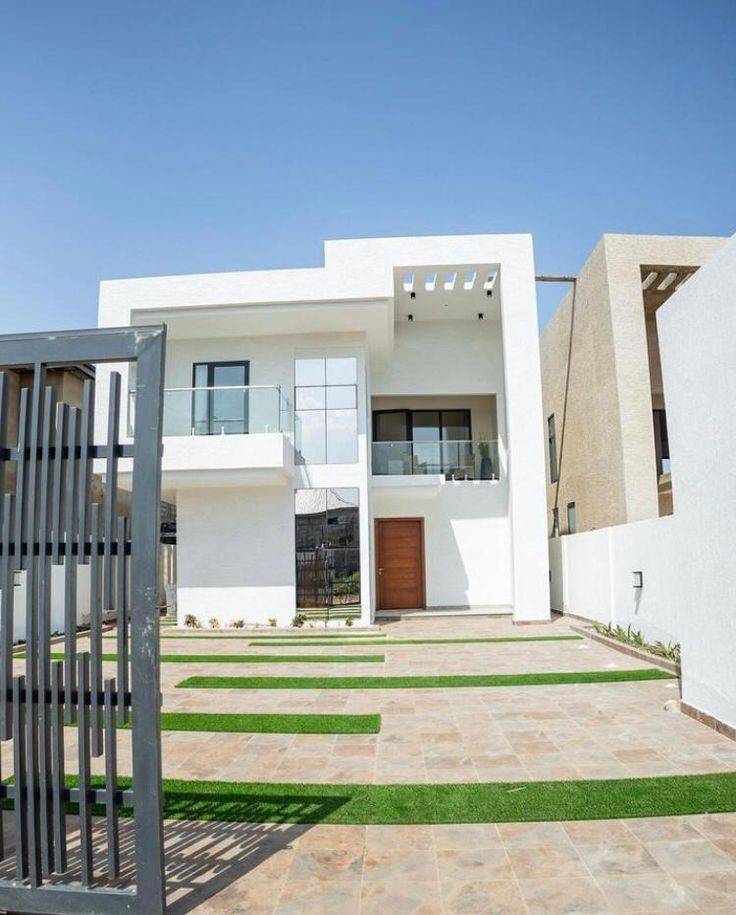Should You Invest in Real Estate in Ghana? The Pros and Cons
Real estate investment in Ghana has become a popular choice for both local and international investors seeking to tap into the country’s growing economy. With urbanization, population growth, and infrastructural development on the rise, the real estate sector in Ghana has shown significant potential. However, as with any investment, there are both benefits and risks to consider. This article delves into the pros and cons of investing in real estate in Ghana to help you make an informed decision.
Pros of Investing in Real Estate in Ghana
1. Growing Demand for Housing Ghana has seen a rapid increase in urbanization, especially in cities like Accra, Kumasi, and Takoradi. With the population growing and a significant migration to urban areas, the demand for housing, both for rent and purchase, has surged. This has created a thriving market for residential real estate, from affordable housing to luxury apartments. If you invest in residential properties in prime locations, you stand to benefit from high demand and rental income.
2. High Rental Yields Compared to many other countries, the rental yields in Ghana’s real estate market are relatively high. Investors in the residential property sector can expect annual returns of around 8% to 12%, depending on the location and type of property. Cities like Accra, where expatriates and middle-income earners are concentrated, often provide better rental income opportunities. The demand for rentals is driven by the growing number of young professionals and expatriates, especially in the capital.
3. Capital Appreciation Over the years, real estate prices in Ghana have steadily appreciated. Areas such as East Legon, Airport City, and the surrounding suburbs of Accra have experienced consistent growth in property values. With more infrastructure development projects, including road networks, transport systems, and shopping malls, the potential for capital appreciation in these areas remains strong. As the country continues to urbanize and develop, the long-term capital gains from real estate investments could be significant.
4. Government Support for Real Estate Development The Ghanaian government has been supportive of the real estate sector through various policies aimed at promoting growth. The government’s commitment to increasing the supply of affordable housing and its efforts to improve urban planning and infrastructure are vital factors that bolster real estate investments. Programs like the National Housing Fund and the Affordable Housing Scheme have also been put in place to help address the country’s housing deficit.
5. Diversification of Investment Portfolio Real estate offers an excellent way to diversify your investment portfolio. By investing in property, you are not only hedging against inflation but also gaining an asset that provides long-term value. Real estate is typically less volatile than stocks or bonds, and during times of economic uncertainty, it often remains a safer investment. Additionally, you can invest in both residential and commercial properties, giving you more options to tailor your portfolio.
Cons of Investing in Real Estate in Ghana
1. High Initial Capital Investment One of the biggest barriers to real estate investment in Ghana is the high upfront capital required. The cost of land, construction, and acquiring property can be quite substantial, especially in urban areas like Accra. While there are opportunities for financing through banks or other financial institutions, the interest rates in Ghana can be high, making it challenging for some investors to enter the market without sufficient funds. This can be a significant disadvantage for those with limited capital.
2. Slow Property Registration Process The process of registering property and obtaining proper documentation can be slow and bureaucratically cumbersome in Ghana. There are instances of delays in the registration of land titles, and issues like land disputes can arise. This makes the process of securing ownership and ensuring a clean title quite difficult, especially in rural areas or less-regulated parts of the country. Investors must conduct thorough due diligence before purchasing property to avoid complications in the future.
3. Land Ownership Issues In Ghana, land ownership can be complicated due to the existence of both public and customary land systems. Customary land ownership involves local chiefs or community leaders, and issues may arise with conflicting land claims or unclear land titles. As such, the risk of investing in property that may have unresolved ownership disputes or legal challenges is higher than in countries with more straightforward land tenure systems. Investors need to work closely with legal experts and ensure that the property has a clear and undisputed title.
4. Economic Instability and Inflation While Ghana’s economy has seen steady growth in recent years, it still faces challenges such as inflation, currency depreciation, and occasional political instability. Economic fluctuations can affect real estate investments in several ways. For example, inflation can increase the cost of construction materials, leading to higher development costs. The depreciation of the local currency (Ghanaian cedi) can also affect the value of property if the investor holds foreign currency or relies on international financing.
5. Limited Access to Financing Financing options for real estate investors in Ghana are limited, especially for first-time buyers or small-scale developers. The mortgage market in Ghana is still underdeveloped, and access to affordable mortgage loans is restricted. Banks typically offer mortgages with high-interest rates, making it less feasible for many people to finance property purchases through loans. As a result, many real estate transactions are done in cash, which could limit the pool of potential buyers.
6. Risk of Overbuilding In some areas, particularly in cities experiencing rapid urbanization, there is a risk of overbuilding. Developers may be overzealous in their investment, leading to an oversupply of properties in certain neighborhoods. When this happens, rental rates can stagnate or even fall, and property values can decline. It is crucial to do market research and assess the demand for properties in a specific area before making an investment to avoid getting caught in an overbuilt market.
Conclusion
Investing in real estate in Ghana offers significant opportunities but also comes with its own set of risks. The growing demand for housing, potential for high rental yields, and long-term capital appreciation are strong incentives for investors looking to enter the market. However, the high initial capital requirement, bureaucratic challenges, land ownership issues, and economic instability must be carefully considered.
Before diving into real estate investment in Ghana, it is crucial to do thorough research, seek professional advice, and ensure that you understand the local property laws and regulations. By approaching the market with caution and diligence, investors can capitalize on the many opportunities the Ghanaian real estate sector offers while minimizing the associated risks.




No comments yet
Be the first to share your thoughts!